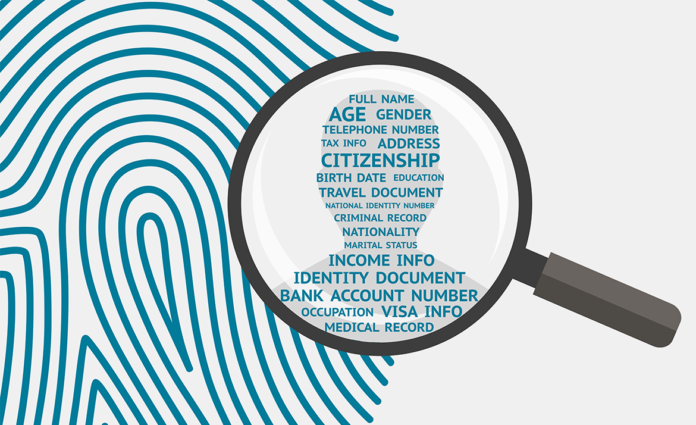|
Getting your Trinity Audio player ready...
|
By Alice Munyua
The global identity gap is a struggle shared by an estimated 1.1 billion people worldwide, and close 40% are found in sub-Saharan Africa. While nearly almost every country on the continent has opted to have a national identity (ID) system, some have not yet been able to implement, and only a handful have enrolled two-thirds of their eligible population.
Citizens affected by the identity gap live in difficulty as they cannot access basic services such as healthcare or education as well as participate in formal economic, political and social activities. Yet in this ever-connected world, the need for digital identity is growing.
At an average cost of $17.24 per citizen to produce a physical legal ID, governments are becoming more interested in digital ID to reduce costs and be effective, but this interest is raising several issues regarding their introduction and implementation.
The current conflation of digital ID as the same as or extension of legal ID has led to unquestioned, and uncritical embrace of digital ID projects underway in several African countries, and these come with serious implications.

One critical question that arises is why and how national ID systems should be implemented. Firstly, there should be a multiplicity of choices with which Citizens can be identified. The consequence of demanding a single ID can be dire as the experiences in both Peru and India demonstrate, not having a particular ID or failure of authentication via that ID can lead to denial of essential services or welfare for the most vulnerable.
Secondly, digital IDs should not be used as a tool to amplify government and private surveillance. When national IDs are mandatory for accessing a range of services, the resulting record databank can be a powerful tool misused to profile and track citizens.
In the same light, no National ID project should be implemented without data protection laws, a strong data protection authority and a record of enforcement in place. National ID systems should also be designed to be audited by independent external bodies to ensure trust and security. One way to achieve this could be through open-sourcing the code of the system.
Thirdly, wide-ranging public consultations on the technical, legal, and policy choices involved in the ID systems right from the design stage of the system. Consultations allow affected communities and external experts to critically debate over which models are most appropriate.
It is also essential that the vendor selection process be open & transparent given the sensitivity of personal data involved. Apart from that, an issue that is not being given the necessary attention by governments implementing the digital ID system, is private often foreign vendors winning the tenders raising concern on privacy and national security.

Lastly, citizens must be given the choice to opt-in or out of the systems as well as approve or refuse for their data to be shared with other parties; and still not have their essential services denied or made difficult to obtain because of their choices.
In summary, 15 out of 54 countries in Africa have passed a Data Protection Law and since the adoption of the African Union’s Malabo Convention on Cyber Security and Personal Data in July 2014, only 4 African Nations have ratified the Convention. It is clear that legal and institutional environment in Africa is not ready for the adoption of digital ID and therefore should be closely scrutinized by governments in light of these risks, rather than uncritically accepted as beneficial.
The strong push to go digital seems to make null and void legal ID systems, which in their simplicity utilize minimal information to close the identity gap and still manages to meet the Sustainable Development Goal (SDG) 16.9 “to provide legal identity for all, including birth registration by 2030.” Governments should first and foremost perfect the legal ID systems before rushing into digital ID.
“Transitioning to a digital biometric ID model is not required to realize the benefits of legal ID and assuming that “leapfrogging” to digital ID is inherently superior ignores the risks that digital and, particularly, biometric IDs bring when deployed on a national scale,” says Alice Munyua, Mozilla Policy Advisor, Africa.
Mozilla contends that the rapid uptake of Digital ID is not prudent at this time, taking into consideration the huge gaps found in the process of collection, storage, security and management of citizen data. Mozilla believes that no digital ID system should be implemented without strong privacy and data protection legislation in place and because of that digital ID is not yet good ID.
The writer is Africa’s Policy Advisor for Mozilla














